Omicron COVID | symptoms, illness, preventive measures
New South Wales Ministry of Health (NSW) claimed that at Sydney children's hospital network found that the previous year’s delta wave of the pandemic is 1:5, which means under the age of 16, one in five children have no symptoms at all through recently released the preliminary data by researchers.
According to NSW, between June and October more than 17,400 children get affected by COVID-19, 1.26 % were admitted to hospital for medical reasons, and 93 % with mild symptoms do not need oxygen.
Omicron is a new variant that transforms through continuous mutation of the virus. In this mutation, sometimes, new variants dominate and some are dead.
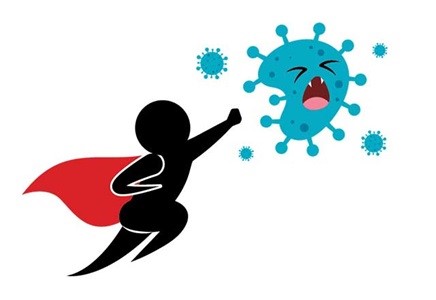
From Murdoch children’s Research Institute, a vaccine researcher Doctor Danchin having said that “The cases only go up to December 24 and this is an alarming situation so have need to watch and monitor it closely”
Symptoms in children and adults that CDC states:
- Chills
- Cough
- Fever
- Fatigue
- Breath shortness
- Loss of smell and taste
- Throat soreness
- Diarrhea
- Body aches
- Runny nose or congestion
- Nausea
Omicron leads familiar illness:
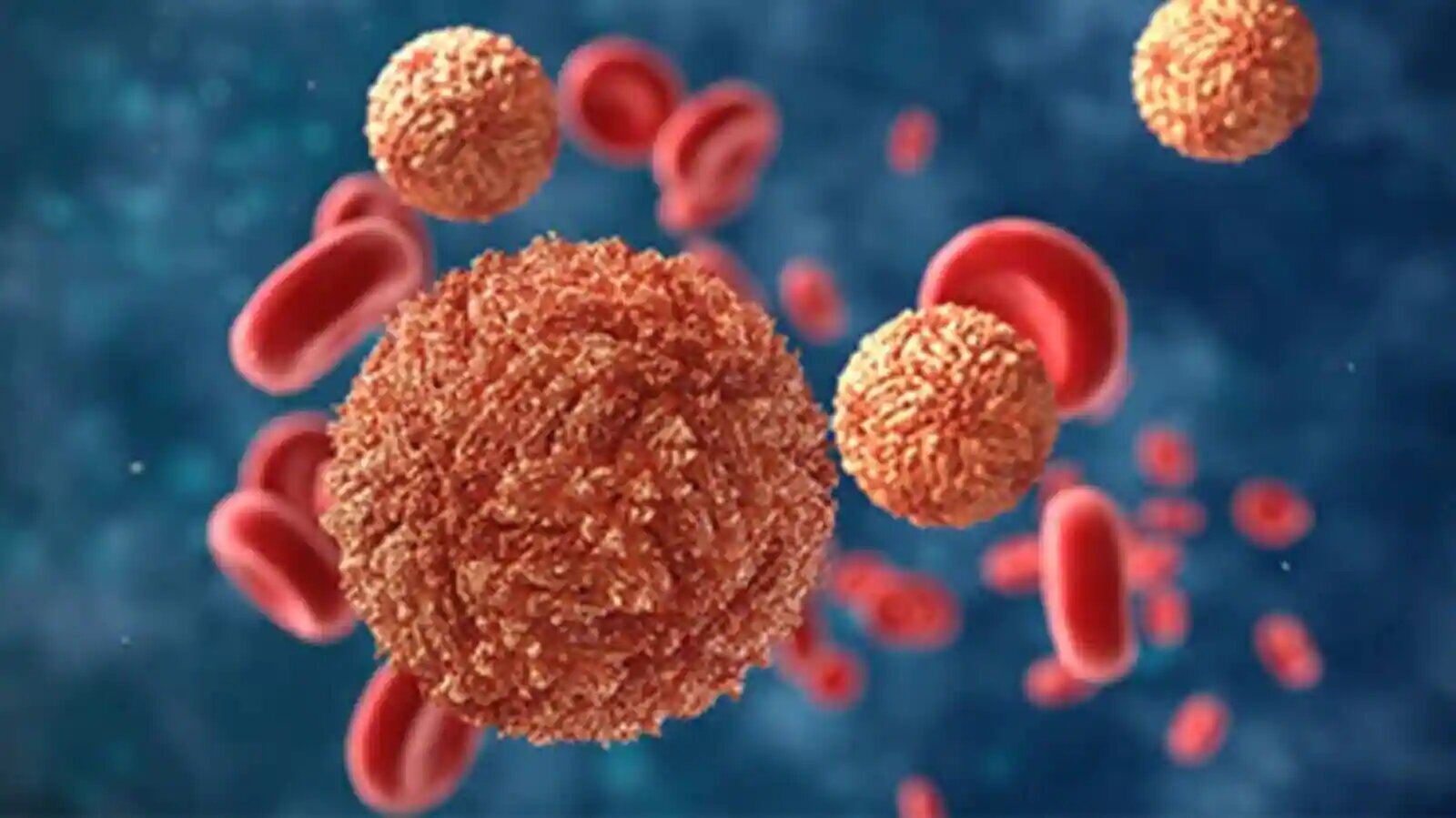
In an ongoing alarming situation of COVID symptoms, the UK found no such clear deviations among early symptoms accompanying omicron and Delta variants. So, those who tested positive for COVID-19 regarding the higher prevalence of this strain reported these 5 symptoms mostly.
- Headache
- Fatigue (mild or severe)
- Sneezing and runny nose
- Sore throat
- Loss of taste
What should parents do as a preventive measure?
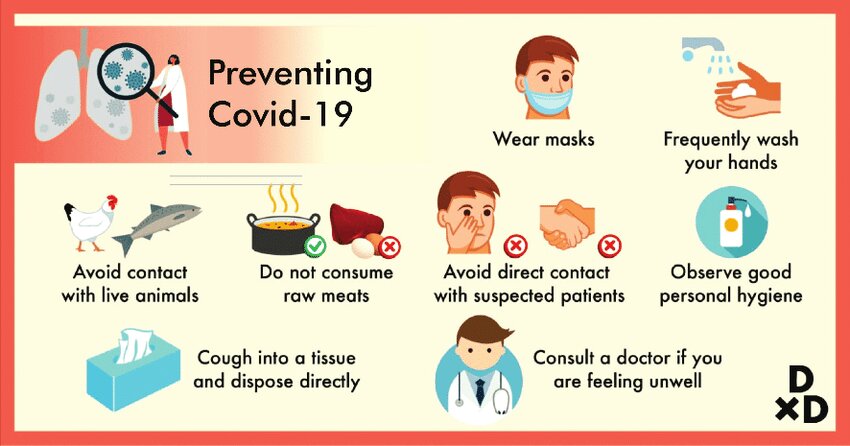
- Assure that children should stay at least 6 feet distance from others.
- Watch your child’s daycare and if schools are open to ensure the distancing measures.
- Limit your child's play with other children and close contact.
- Keep your child indoors and don’t take your children to overcrowded places.
- Parents should know how to keep brain and body healthy. Give them a regular diet with an excess amount of water like
-
- Citrus fruits juices( grapefruit, orange, lemon, grapefruit)
- Vegetables (rich in vitamin C)
- Vitamin D food ( egg yolk, cheese)
- Zinc-rich food ( nuts, lentils, beans, legumes)
- Unstained your floor, commonly touched things and child’s toys daily.
- if one feels symptoms like a headache then there is a need to take food that can relieve the headache.
- Guide your child to cover the nose and mouth with a tissue or flexed arm while sneezing and coughing.
- Immediately dispose of the used tissue and wash or sanitize hands with soap or alcohol-based scrub.
- Be on the look for medical care if the child suffers from breathing difficulty, cough, or fever.
- Have a conversation with your child, and encourage them to ask questions so that they can express their feelings.
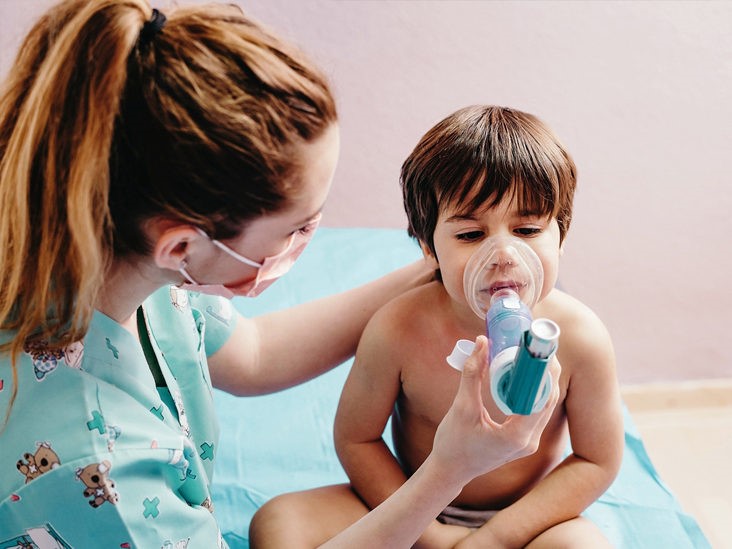
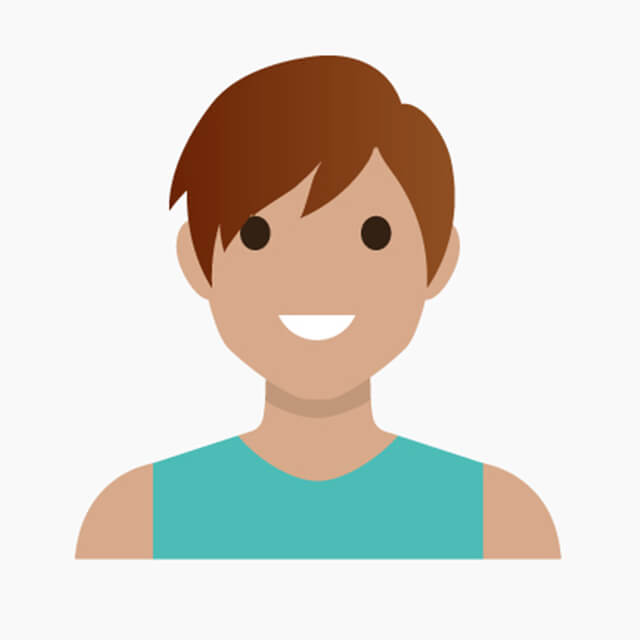


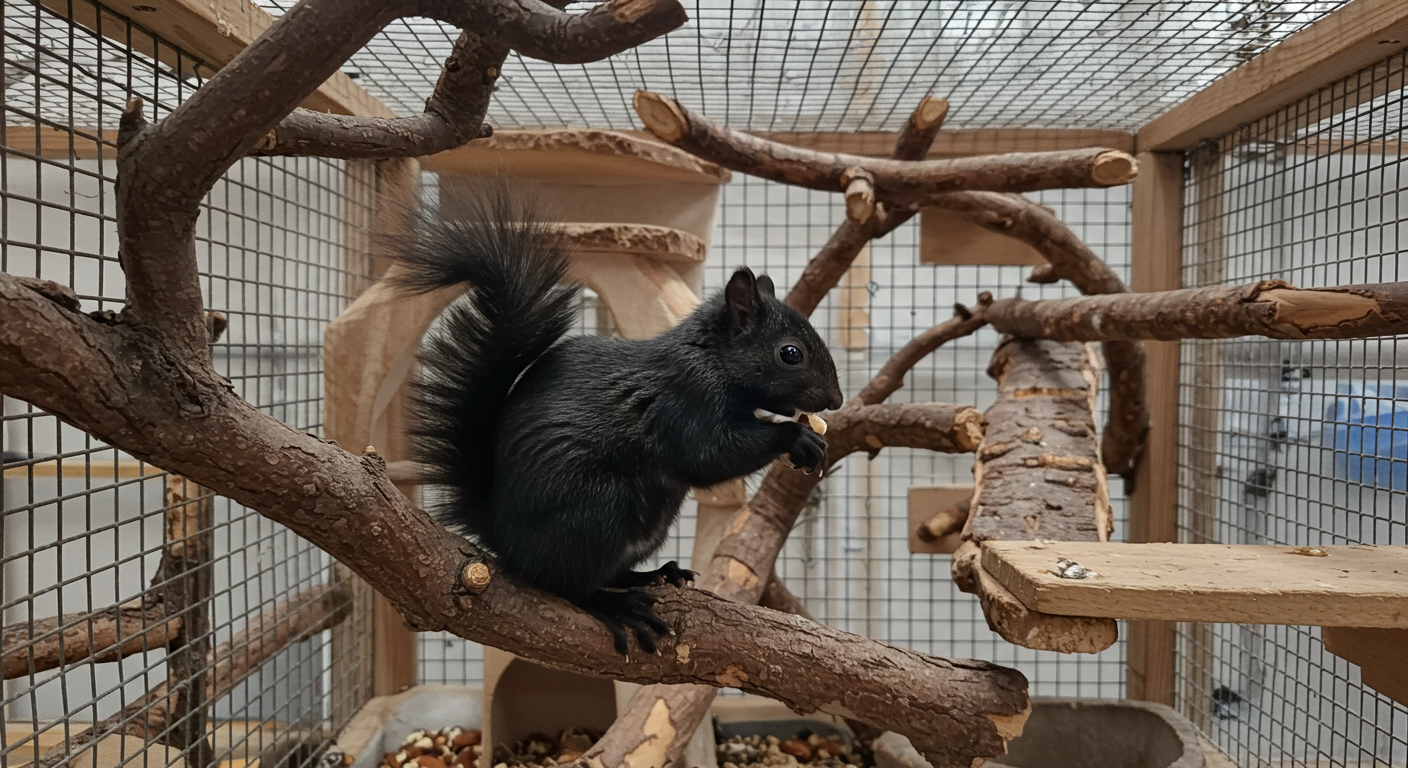

Admin – Administrator
Founder & Administrator of this website. If you want my services please CONTACT ME.